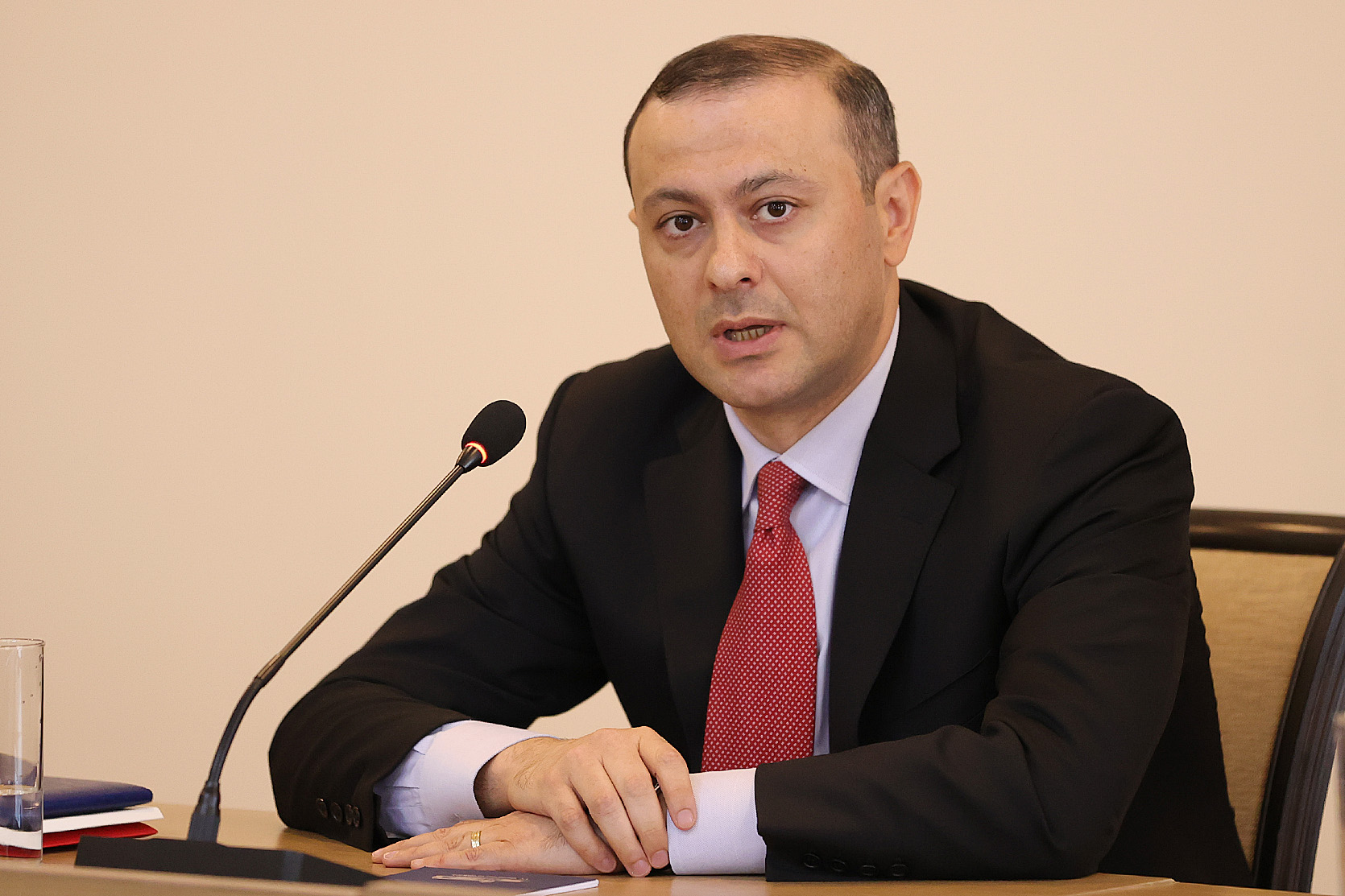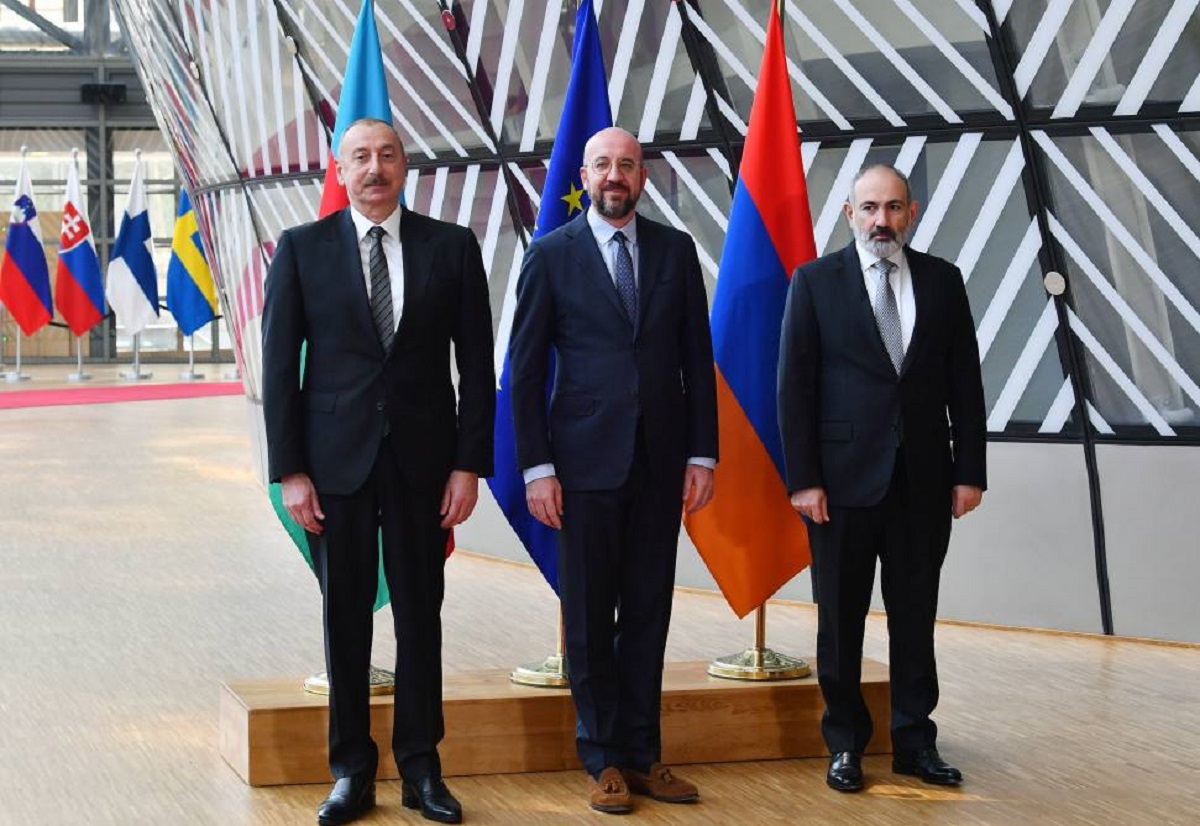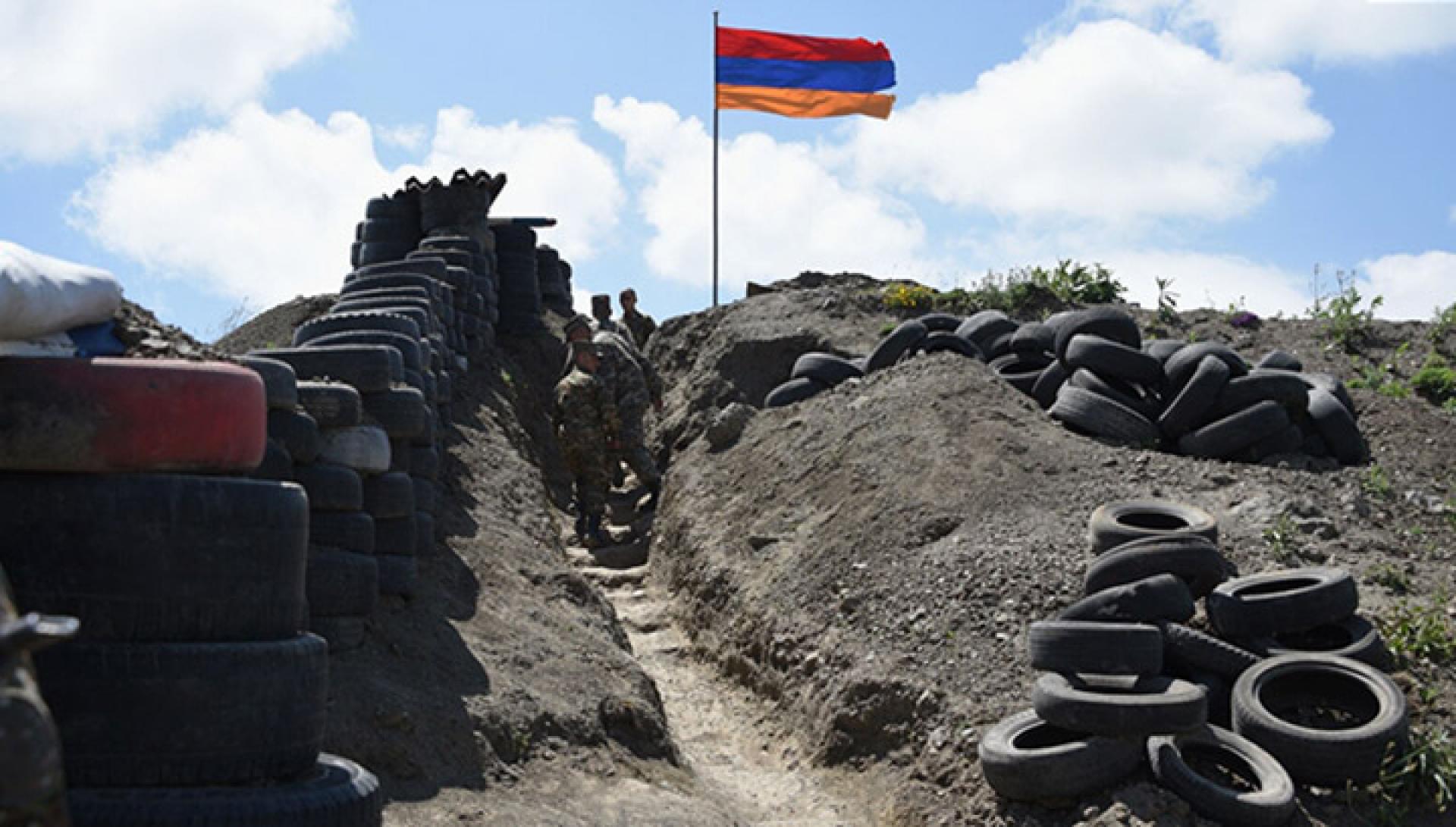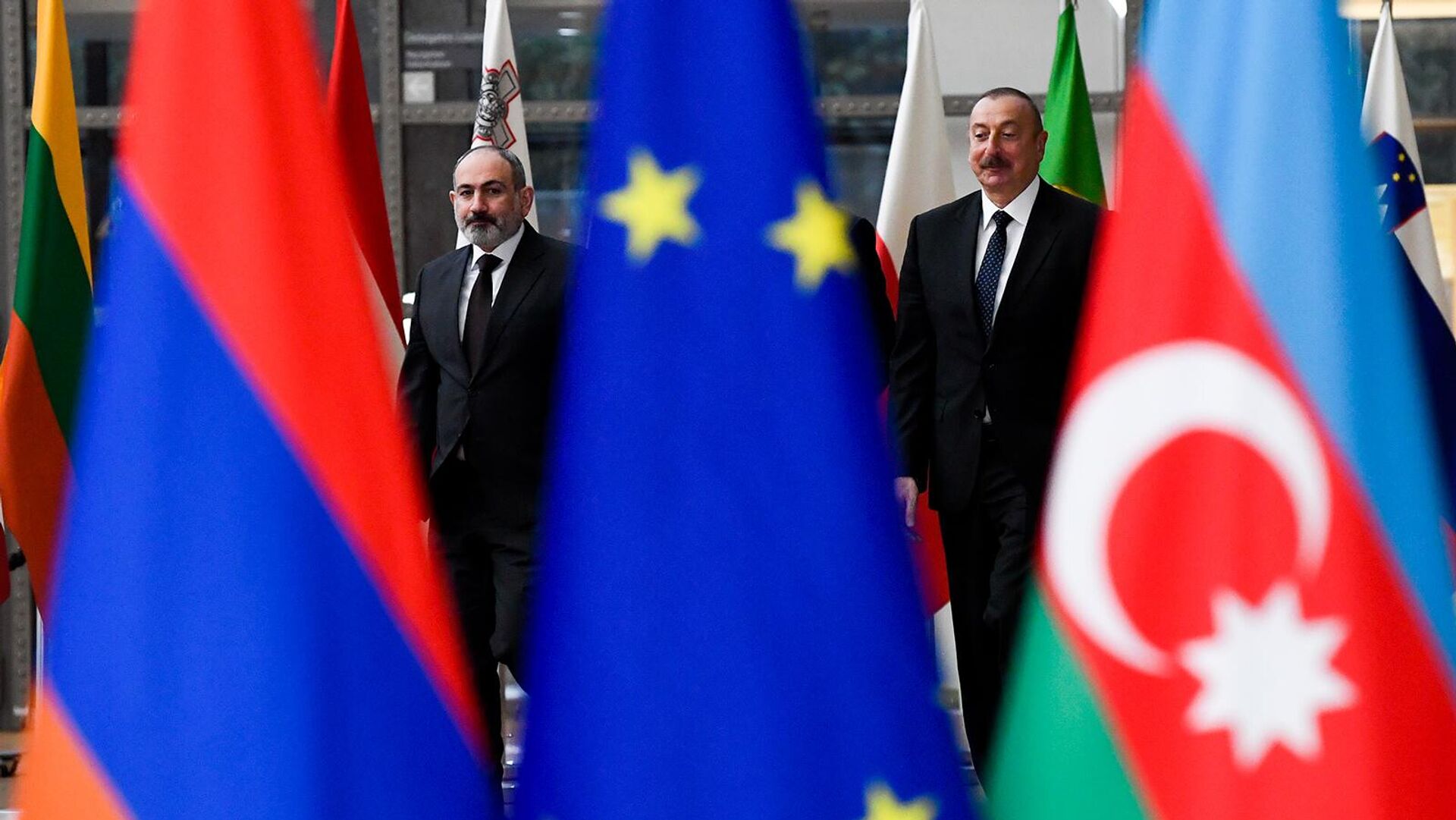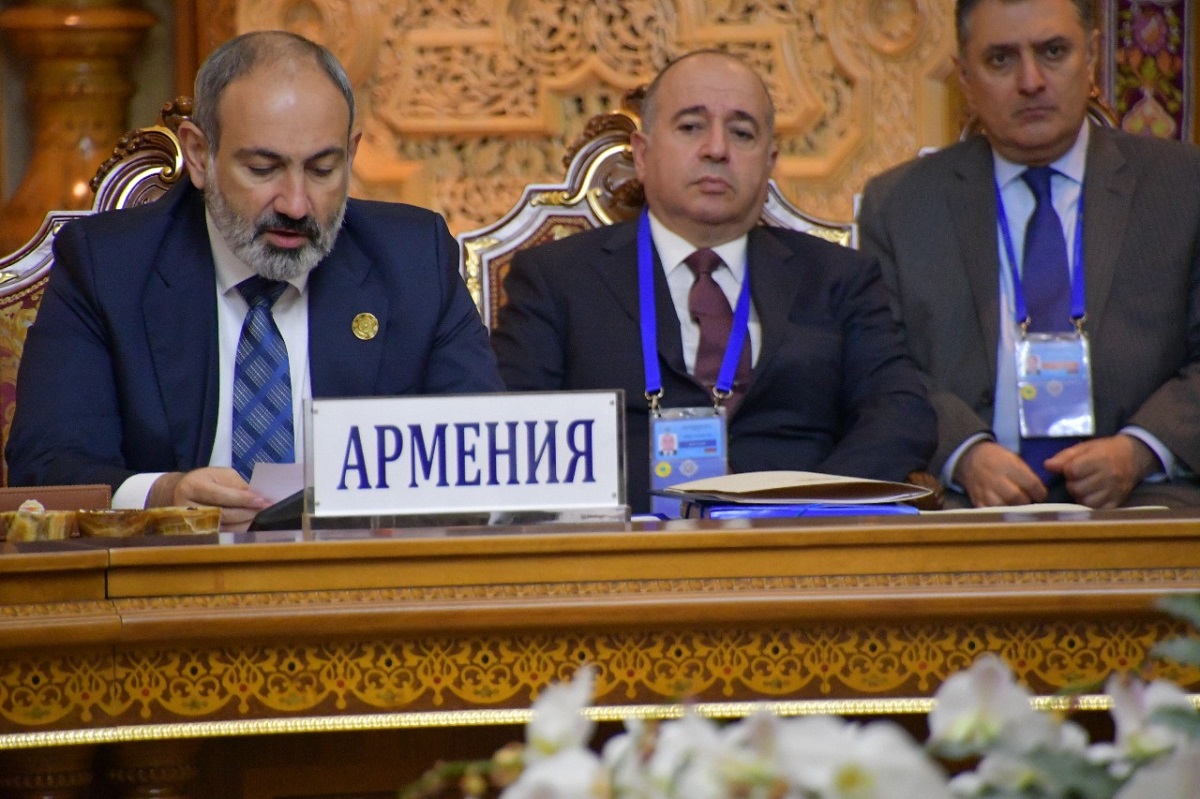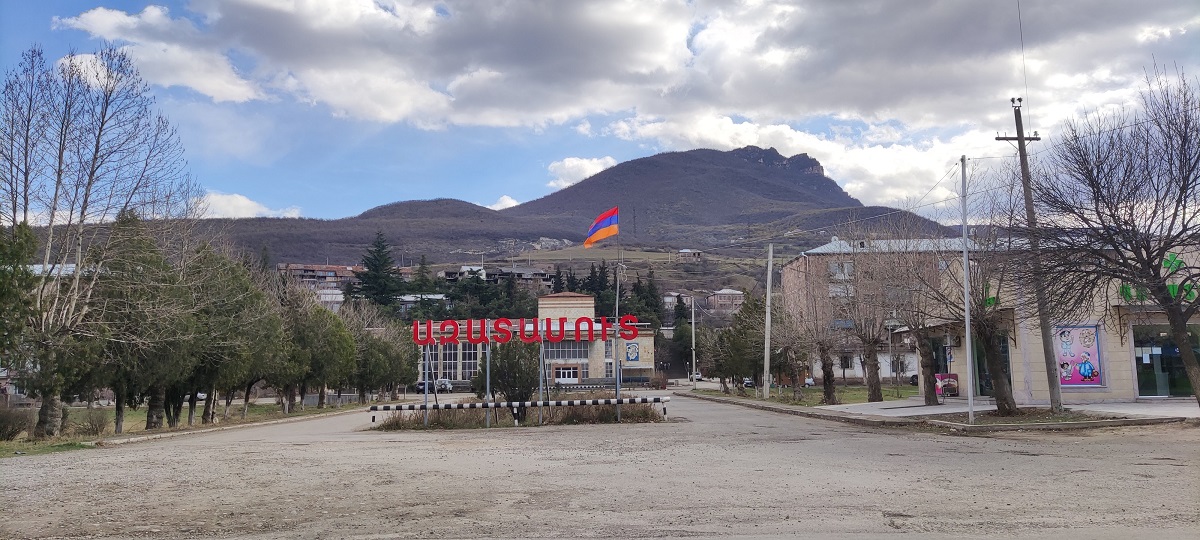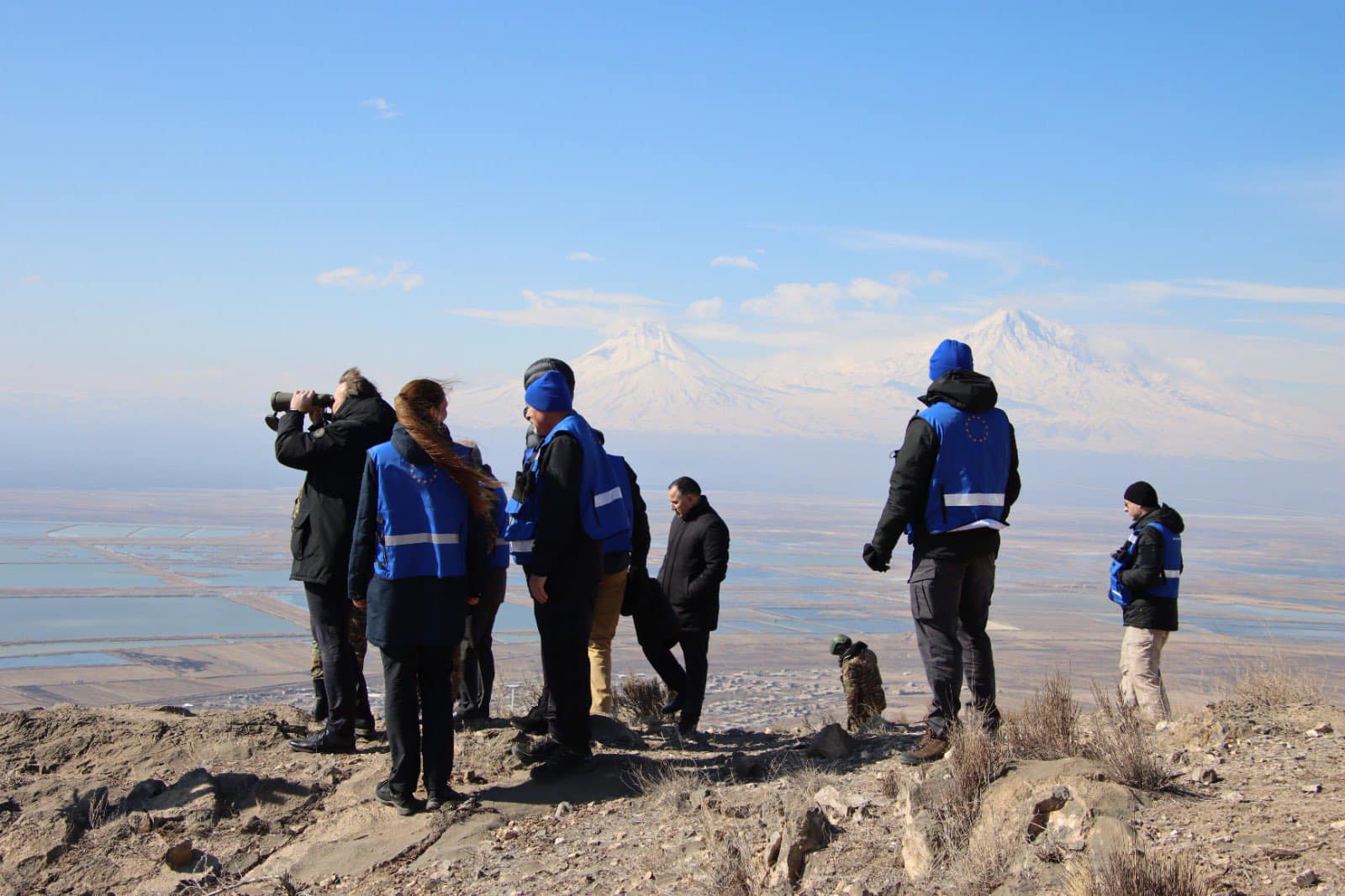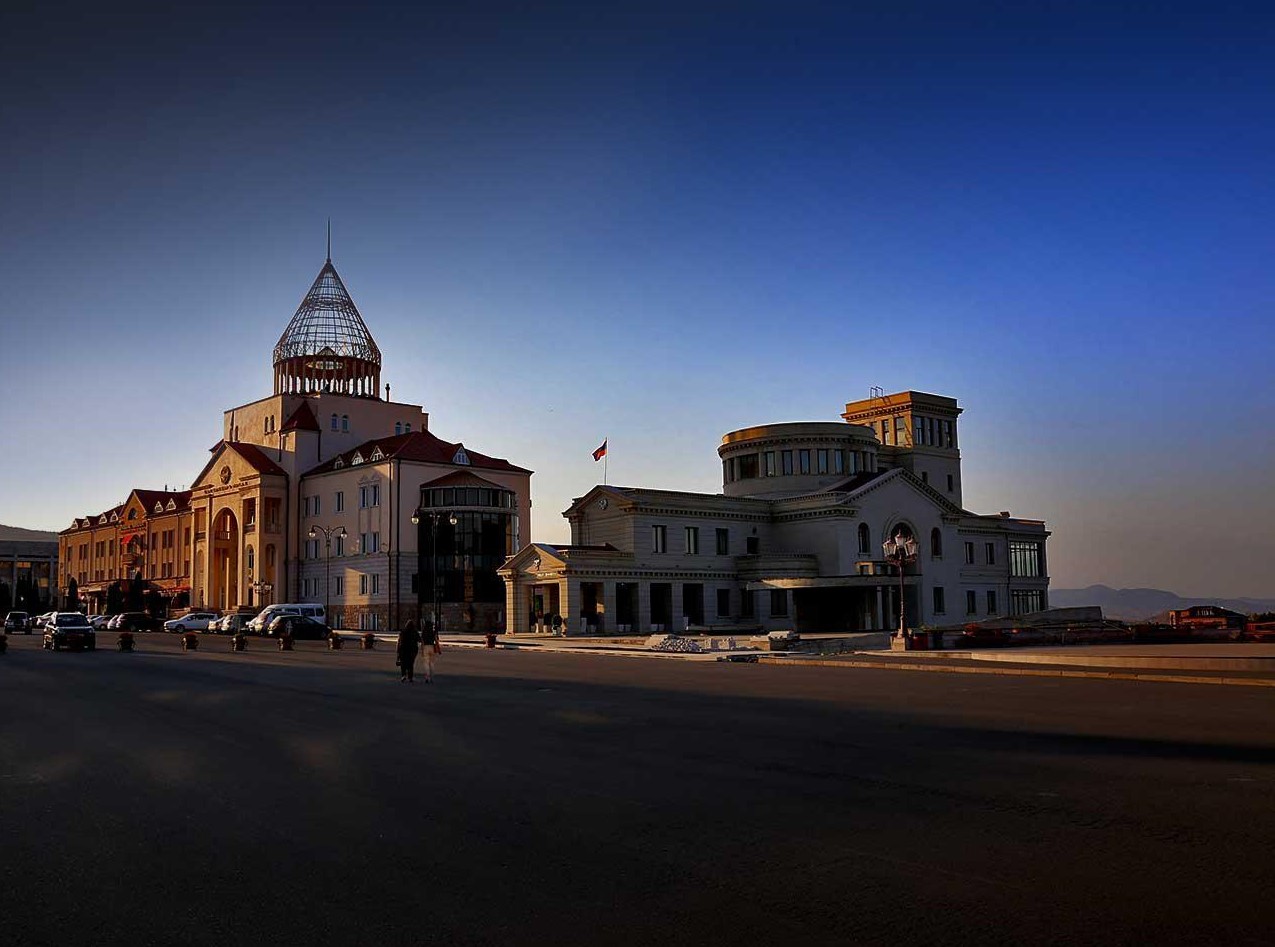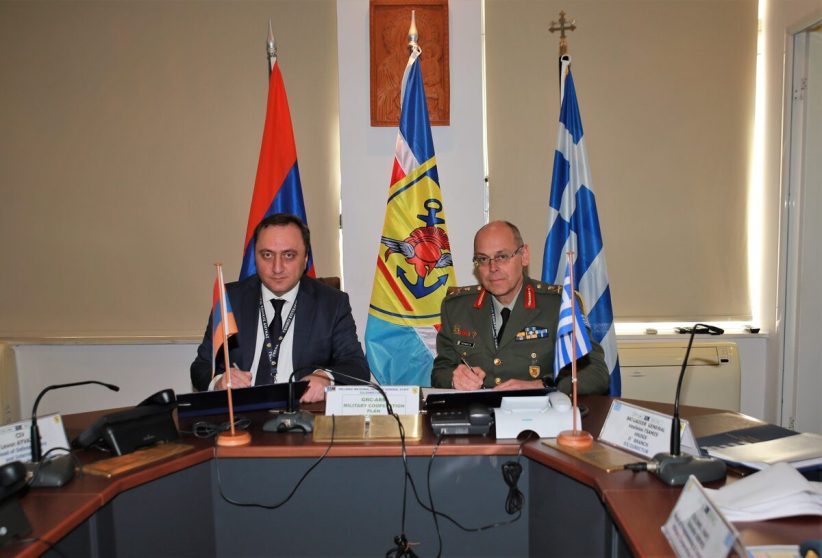Russian and Western platforms for Baku-Yerevan negotiations: Similarities and differences
Platforms for Armenian-Azerbaijani talks
Disputes about negotiating formats for the resolution of Armenian-Azerbaijani relations, be it Western or Russian, continue in Armenia. After the 2020 war, the only format in which the Karabakh conflict was discussed, the OSCE Minsk Group, ceased to operate.
Recently, in parallel with Moscow, mediators represented by Washington and Brussels have begun to work actively. France took part in the mediation mission. Germany intends to join it. The head of the European Council, Charles Michel, announced a meeting between Nikol Pashinyan and Ilham Aliyev in a five-party format (with the participation of the President of France and the German Chancellor) on June 1. But before that, on May 25, the leaders of Armenia and Azerbaijan will meet under the mediation of Putin.
The Armenian authorities say that the same issues are being discussed at all platforms, but experts say that the approaches and accents to them are different. Commentary by Armenian political scientist Stepan Grigoryan on the similarities and differences between negotiation platforms.
- Madrid Principles: Interpretation of Pashinyan, Former Armenian Foreign Minister and Expert
- “No power has the right to change the status of the NKR”: reaction to Pashinyan’s statement
- “The territorial integrity of Azerbaijan includes Nagorno-Karabakh,” and other statements by Pashinyan
Stepan Grigoryan, political scientist, head of the Center for Globalization and Regional Studies
Western mediation and Russian jealousy
“There are really two negotiating platforms: the Western platform (Washington and Brussels) and the Russian one. The United States and the European Union do not contradict each other; moreover, they mutually welcome the negotiation process on the Russian platform as well. The West is not against Russian efforts, it believes that the more platforms for dialogue between the parties, the better. Only Russia is jealous of the Western platform.
Russia is forced to recognize the Western format of negotiations in order not to drop out of the game. The Russian Federation has already realized that it is losing Armenia, its influence not only in Armenia, but also in Artsakh. For the first time the Armenians, both in Armenia and in NK, realized that Russia is not with us.
They have always been loyal to Russian policy here, even when Moscow made obvious steps in favor of Azerbaijan, and the Armenians tried to find an excuse for them.
The latest fairly objective research by the International Republican Institute (IRI) indicates a change in attitudes about who is considered an enemy in Armenia, who is friendly, and Russia is well aware of this.
According to IRI data released in May, the overwhelming majority of respondents positively assessed Armenia’s relations with France, the US, the European Union and China, as well as with neighboring Iran and Georgia. But almost half of the respondents consider the Armenian-Russian relations “bad”. For comparison, in October 2019, nine out of ten people approved of the relationship between the two countries.
Russia itself has only one site in the South Caucasus. It has no support either in Georgia or in Azerbaijan, where there are strong anti-Russian sentiments. In order not to lose Armenia as well, Russia is changing its rhetoric, but not its policy. And the train has already left the station.
What is discussed and from what angle
“The agendas at both venues are very similar, but the content is different. The agenda includes the Karabakh issue and Armenian-Azerbaijani relations, in particular the demarcation and delimitation of the border, as well as the unblocking of regional transport routes.
The West wants stability in the region and preservation of Armenia’s independence. Russia is the opposite. It wants Armenia to give up everything: to provide the so-called Zangezur corridor, which Azerbaijan demands for connection with Nakhichevan, losing control over this territory, and enclaves.
This approach by Russia is connected with its interests in other regions. For example, Russia says that Turkey promised it some advantages in Syria, therefore, in order to please the Turks, the Armenians must give the “enclaves” to Azerbaijan.
The West does not put such conditions before Armenia. Not because they love us so much, but because they do not want Armenia to lose its independence. Just as they don’t want the loss of Georgia’s independence.”
The Karabakh issue in the understanding of the mediators
“The issue of Artsakh is being discussed at all venues. The US and Brussels recognize the Armenians of Nagorno-Karabakh, whose rights and security must be ensured by all means, regardless of the level of their status.
The West recognizes such a unit as Nagorno-Karabakh and offers direct negotiations in the “Stepanakert-Baku” format through the mediation of international organizations or countries.
This international format is something like Minsk Group 2, which countries will be represented in it is another question.
Though earlier only the United States spoke about this, after the Pashinyan-Aliyev meeting on May 14, Brussels repeated the Washington formula.
Russia said that the issue should be postponed until later. However, in March, during a joint conference with an Armenian counterpart, the head of the Russian Foreign Ministry stressed the need to work to ensure the rights of the Armenians of Karabakh.
Sergei Lavrov stated that Moscow supports the position of the Prime Minister of Armenia: the issues of ensuring the security and rights of the residents of NK should be decided by the representatives of Karabakh and Baku. He also said what rights the NK Armenians should have: “The right to their native language, the right to teach their children in this language, to work, to preserve their culture, religion, to have the possibility of local self-government and to have certain trade and economic relations with their compatriots, similar to the Serbs in Kosovo.”
These are similar formulas, it’s just that Russia entrusts security to Russian peacekeepers. I don’t see any particular differences on this issue in the platforms.”
Territorial integrity and self-determination
“Recognition of each other’s territorial integrity is the right line of the Armenian government, despite harsh criticism, in particular regarding the recognition of Artsakh as part of Azerbaijan.
The main feature in this is that the negotiations will be conducted in the “Stepanakert-Baku” format.
In 1991 Armenian President Levon Ter-Petrosyan also signed similar documents, but this did not make Artsakh an integral part of Azerbaijan. And then they said: Armenia recognizes the territorial integrity of Azerbaijan, and Karabakh is self-determined from Azerbaijan, this is a completely different process.
Today the West, with its initiative of the “Baku-Stepanakert” negotiation format, helps us on the one hand, to sign a peace agreement with Azerbaijan, and on the other hand to self-determine Artsakh as a separate entity.
Of course, when they talk about ensuring the rights of Armenians, they mean, among other things, the right to self-determination, although they do not use this term. They do not use it because the Armenian government avoids this term.
With what it is connected, I cannot say. This can be explained by a lack of understanding of the importance of the issue, the lack of experience on the part of the authorities, pressure from Azerbaijan, which sets the condition that the term “self-determination” should not exist, otherwise nothing will be signed.
But the “Stepanakert-Baku” format in an international framework automatically means the recognition of Nagorno-Karabakh as a unit that has the right to an independent vote and a level of self-government. And that is tantamount to self-determination.”
Unblocking roads and Russian pressure in favor of Baku
“Armenia agrees to restore the railway to connect Azerbaijan with Nakhichevan, and is ready to provide roads as well. But they should not be extraterritorial. This is a red line for Armenia, and rightly so. Yerevan intends to control its roads and agrees to Azerbaijan’s control of its roads, which it will provide to Armenia.
The problem is that the extraterritorial corridor is demanded not only by Azerbaijan, but also by Russia. It wants the FSB of the Russian Federation to control the “corridor” in the absence of the Armenian side.
I believe that road safety can be entrusted to the FSB, but the road should not be extraterritorial.
On the western platform, this issue was discussed differently. The head of the European Council, Charles Michel, stressed the need to open communications and offered the services of the World Customs Organization, which often helps in such conflict situations.
If Azerbaijan does not want Armenian customs officers to check their goods on Armenian territory, then the WTO can take on this role, and the Armenian services will simply be nearby.
But Russia dissuades Azerbaijan by offering more favorable conditions for Baku – Russian control without Armenians. And Russia speaks about it officially. In August 2022, the Russian Federation sent an official letter to Yerevan with a proposal to build a fence along the entire border in order to leave the Meghri railway under their protectorate, leaving Armenia outside this zone. The Armenian government refused.
Russia needs this corridor, first, for the sake of increasing its influence in the region, and then for the sake of economic benefits. The Armenian interest is simple – not to lose their territories and the border with Iran.”
Demarcation and delimitation
“The West is ready to provide expert assistance in this matter.
The Americans propose to be guided by the maps of 1975, to which Azerbaijan initially agreed because of the presence of enclaves in them. But at the same time, the Americans suggest leaving these enclaves to Armenia in exchange for a large Armenian enclave in Azerbaijan – the village of Artsvashen.
Despite the fact that Artsvashen is twice the size of small Azerbaijani enclaves and is very strategically important as a territory within Azerbaijan, such a compromise is beneficial to us. Since all the problems associated with the roads are removed. We will control all roads to Georgia, Iran and Artsakh.
Azerbaijan initially agreed, and then changed its mind. It believes that it is strong and can simply take away what it needs.
Russia insists on the demarcation and delimitation of the Armenian-Azerbaijani borders according to their maps, without indicating the year. Corruption is very deep in Russia. Russian generals love money, they will bring a map drawn at their own discretion and redraw the borders to please Baku, if only he would take into account Russian requests. Therefore Azerbaijan refused the Western proposal.
In the interests of Armenia, the maps of 1926-29, when the only legally justified delimitation of the borders of the Soviet era was carried out. Three Transcaucasian republics entered the Soviet Union after 1923, signing an agreement with the RSFSR, and a few years later they demarcated and delimited their borders. If we are guided by the maps of 1926-29, then all enclaves will be removed from the agenda.”
How did enclaves appear?
“For example, an Azerbaijani village negotiated with an Armenian village in Tavush on the use of Armenian pastures. This happened at the level of rural communities, without any official registration. After the 1960s, these Armenian lands used by the Azerbaijanis appeared on the maps without any reason in the form of Azerbaijani enclaves.
If Armenia submits to the Arbitration Court on the issue of the so-called enclaves, then the court will decide in favor of the maps of 1926-29, where there are signatures of the top leaders of the Armenian SSR, the Azerbaijan SSR and the RSFSR, that is, in favor of the Armenians.
It is also interesting that the Lachin corridor is not on the maps of these years. This territory was part of Karabakh with a common border with Armenia. Only the river separated them. The separation of the Lachin territory from Karabakh and land from Armenia – a village here, a village there – was a long-term policy of the Bolsheviks.
The West understands our innocence, but takes into account such realities as the support of Azerbaijan by Russia and Turkey, so they want to find a compromise and close the issue.”
Armenian authorities are gaining experience
“Six months ago I had serious remarks for our government, but after October 2022, when Armenia invited European observers to monitor the border with Azerbaijan, my attitude softened.
Negotiations are now underway on the demarcation and delimitation of borders. Armenia has begun to defend its interests, but it clearly lacks experience in international politics and diplomacy, which makes its position weak.
For example, Azerbaijan was able to push through the thesis on demining, accusing the Armenian side of not providing accurate maps, which is why people are undermined by mines. If those involved in the negotiation process from Armenia had experience, they would have reminded Baku that Azerbaijan itself achieved the closure of the OSCE office in Armenia in 2017, which was engaged in demining those territories where Azerbaijanis are now dying.
Baku brings up the issue of Azerbaijani refugees when half a million Armenians were expelled from Azerbaijan itself. Only in the last six months, in Pashinyan’s speeches, we heard about Armenian refugees from Baku, Sumgayit, Hadrut, Shushi.
It is strange that the Armenian authorities do not involve strong international experts who have been doing this all their lives, and there are such people in Armenia.
Azerbaijan is more experienced. It is impossible to commit the most brutal aggression in 2020 without falling under sanctions. To commit aggression against Armenia in September 2022 and crawl out from under the sanctions is incomprehensible to the mind. And Aliyev was able to, because he simultaneously signs agreements with the United States, Europe, sends the necessary messages to everyone, including the Arab countries. He plays on all fronts.
Let’s leave aside Artsakh. The very fact that Azerbaijan resolves issues by force means a violation of international norms. And any country that violates these norms is automatically subject to sanctions.”
Peace treaty
“On May 25, a meeting between the Prime Minister of Armenia and the President of Azerbaijan in Moscow is scheduled.
I don’t think that Azerbaijan will sign anything, even if Armenia makes concessions. Aliyev has strong support from Moscow and Ankara, so until one of them leaves the table, Azerbaijan will refuse any compromise.
Azerbaijan can only agree to the complete surrender of Armenia. This is a corridor, enclaves, the preservation of the territories of Armenia, which it seized after 2020, the complete rejection of Karabakh at the official level.
Of course, it would not be bad for Armenia to sign a peace treaty, but these conditions are absolutely not beneficial to it. Time is on our side. While Azerbaijan is making mistakes, Armenia needs to use this time by signing economic and military agreements with different countries. Today Azerbaijan has advantages, but it can lose everything in a day.”
Platforms for Armenian-Azerbaijani talks










